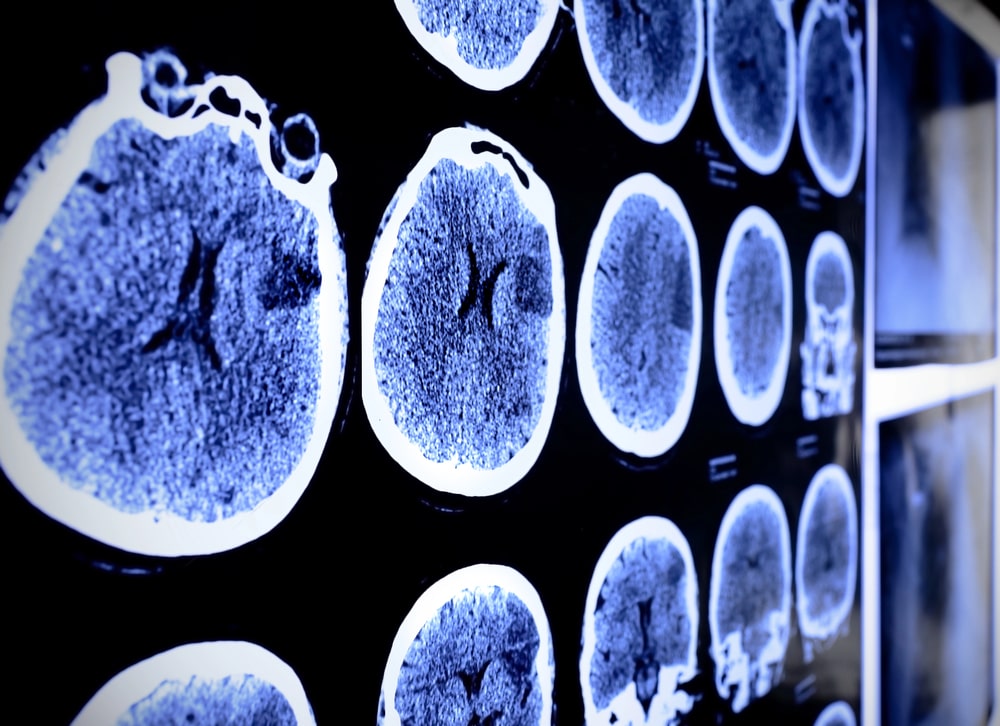According to a brain injury lawyer, brain injuries can have life-changing effects that go far beyond physical recovery. For many individuals and their families, the costs associated with treatment, rehabilitation, and the inability to work create a financial burden that can quickly spiral out of control. While the medical challenges are often the most visible, the economic strain is just as real and can lead some people toward financial hardship and even bankruptcy.
Medical Costs That Continue To Add Up
One of the first challenges after a brain injury is the cost of immediate medical care. Emergency services, hospital stays, surgeries, and ongoing rehabilitation can reach significant amounts in a short period. Even with health insurance, deductibles, co-pays, and non-covered services add up. Specialized therapies such as occupational, speech, or cognitive rehabilitation may be necessary for months or years, and these expenses often become ongoing obligations.
Loss Of Income And Career Impact
A brain injury can prevent someone from returning to their previous job or working at the same capacity. In some cases, the injured person may be unable to work at all, leading to a complete loss of income. Families may also experience reduced earnings if a spouse or family member becomes a full-time caregiver. Without a steady income, meeting everyday expenses such as mortgage payments, rent, and utilities becomes more difficult, putting additional stress on the household budget.
Emotional And Family Strain
The financial stress that comes with a brain injury affects more than just the bank account. It can create tension within families, as difficult decisions about bills, savings, and lifestyle changes must be made. Emotional strain can impact relationships, making it even harder to work through the challenges together. Over time, the combination of reduced income, increased expenses, and emotional pressure can make it difficult to stay financially stable.
How Debt Begins To Build
When regular bills cannot be paid in full, families may turn to credit cards, personal loans, or other forms of borrowing. Interest rates and late fees quickly make these debts harder to pay off. In some cases, medical providers may refer unpaid bills to collections, which damages credit scores and limits financial options. If this cycle continues, bankruptcy can become a consideration for a fresh start and to stop collection actions.
Seeking Legal And Financial Guidance
Attorneys like those at our friends at Ward & Ward Personal Injury Lawyers can attest that legal advice may help individuals explore options for recovering compensation after a brain injury. This might include pursuing claims related to personal injury, insurance disputes, or workplace accidents. A bankruptcy lawyer understands that by seeking guidance early, families can better understand available resources and potential strategies for managing financial recovery.
Taking Steps Toward Stability
While the journey after a brain injury is challenging, there are ways to lessen the financial impact. Applying for disability benefits, exploring charitable assistance programs, and working with financial professionals to create a sustainable budget can help. Bankruptcy may be the most realistic option to discharge unmanageable debt and regain stability.
Dealing with the effects of a brain injury is never easy, especially when financial challenges threaten long-term security. By addressing both medical and financial needs from the start, families can take steps toward rebuilding their lives and reducing the risk of overwhelming debt.

